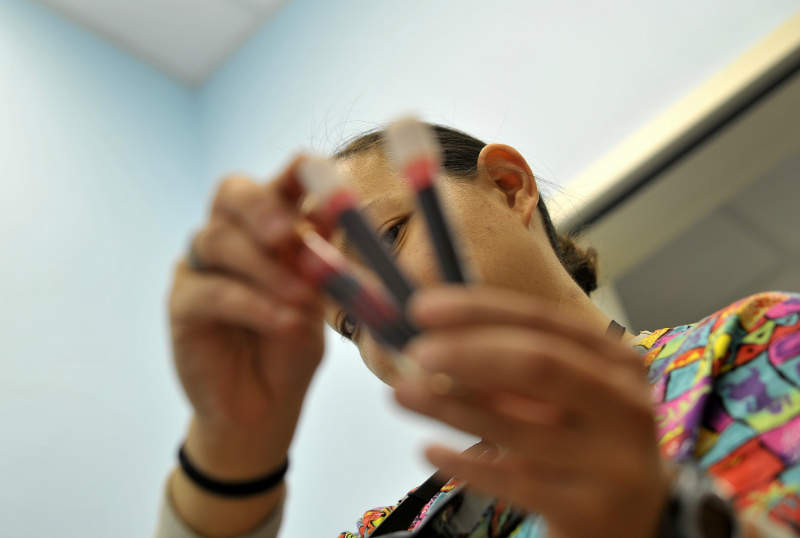Blood clots play an essential role in healing wounds, regulating blood flow and preventing haemorrhages.
They generally form at the site of an injury, stopping bleeding until the injury is healed.
However, blood clotting needs to be closely monitored to make sure that the body’s oxygen supply is not compromised.
Too many blood clots can travel around the body and end up blocking important vessels, stopping nutrients in the blood from reaching vital organs and potentially leading to a decrease in organ function, which is a life-threatening situation.
Cancer and blood clots
Cancer patients are more likely to develop blood clots, because cancer cells encourage their formation and anti-cancer drugs are known to cause a localized increase in the number of chemicals that promote blood clotting.
Some patients are told to exercise more, so that they can improve their circulation and reduce the risk of blood clotting, but this is not always possible, especially when patients are recovering from surgery or undergoing gruelling chemotherapy regimens.

US Tariffs are shifting - will you react or anticipate?
Don’t let policy changes catch you off guard. Stay proactive with real-time data and expert analysis.
By GlobalDataAnticoagulants cannot dissolve a clot that has already formed, but they can stop more clots forming and prevent them from travelling through the circulation and obstructing other blood vessels.
Oral anticoagulants have shown great promise in treating cancer-related blood clots in studies, with rivaroxaban, apixaban and edoxaban proving effective in preventing the formation of new blood clots.
Promising results in this therapy area may change the way we think about treating various cancers and lead to a dramatic increase in the number of patients surviving their diagnoses.
For more insight and data, visit the GBI Research report store.




